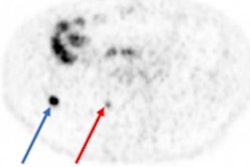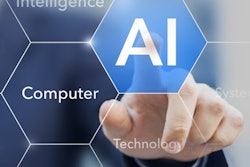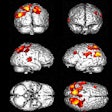Dear Molecular Imaging Insider,
The Society for Nuclear Medicine and Molecular Imaging (SNMMI) annual meeting wrapped up June 14, and AuntMinnie.com was there in Vancouver, Canada, to report on the latest research in the field. This year's meeting drew close to 4,000 in-person attendees, while about 2,800 tuned in virtually.
There were more than 1,000 poster presentations and 130 continuing education and scientific sessions. In this edition's Insider Exclusive, read about one session in which researchers from the U.S. and China discussed whether the latest digital whole-body PET/CT scanners can improve care in pediatric patients by reducing image acquisition time and F-18 FDG doses.
Read more of our coverage of the meeting below:
- This year's Image of the Year honors went to researchers in Germany who showed that FAPI-PET imaging can reveal poor outcomes in patients after a heart attack.
- F-18 fluoroestradiol-PET/CT can be useful in detecting clinically significant breast cancer, according to researchers at the Hoag Family Cancer Institute in Newport Beach, CA.
- Nuclear medicine physicians in India said PET/CT can evaluate lung inflammation and monitor treatment effects in patients with post-COVID-19 lung disease.
- Outgoing SNMMI President Dr. Richard Wahl noted that it may be time to embrace a new identity in nuclear medicine -- namely, the "nuclear oncologist."
In other (rather alarming) news, a group at the Mayo Clinic in Rochester, MN, generated face reconstruction images of volunteers using amyloid, tau, and FDG-PET scans. Does that mean hackers could identify patients from Alzheimer's disease research datasets? Read the story to find out.
On the artificial intelligence (AI) research front, French researchers found that a commercially available algorithm can improve image quality in half-count F-18 FDG-PET scans. And, to encourage more of this type of study, a group of international experts, including U.S. and European regulatory and industry representative, offered a set of best practices for evaluating AI algorithms that they say could help transfer research into the field.
Finally, the World Health Organization reported that after 100 days of war in Ukraine, the country's healthcare system is in serious peril, and a radiologist practicing in a nuclear medicine clinic in Kyiv wrote about his experience caring for patients in that war-torn city.
That's all for now. Be sure to check back regularly for more news in your Molecular Imaging Community!





















